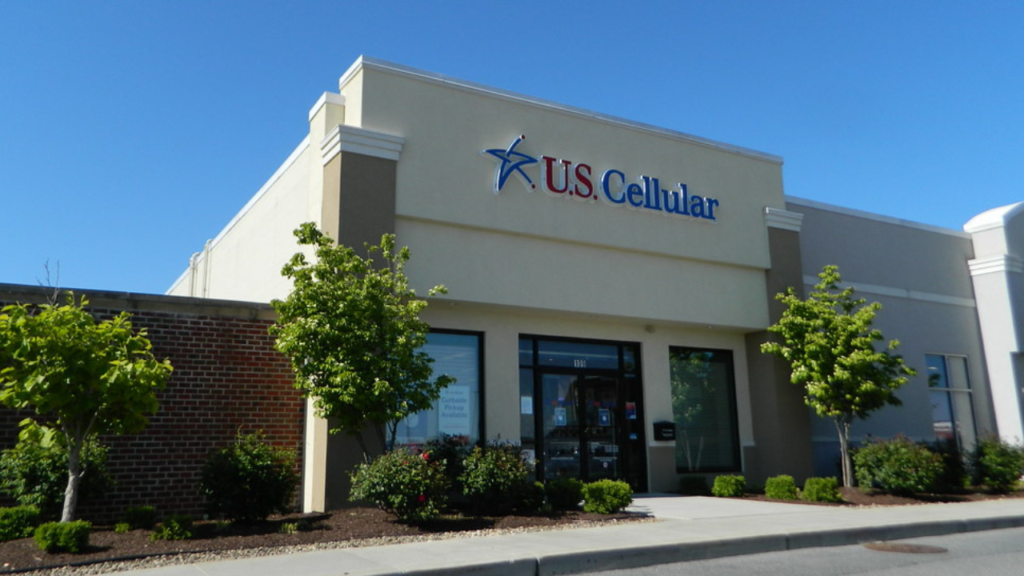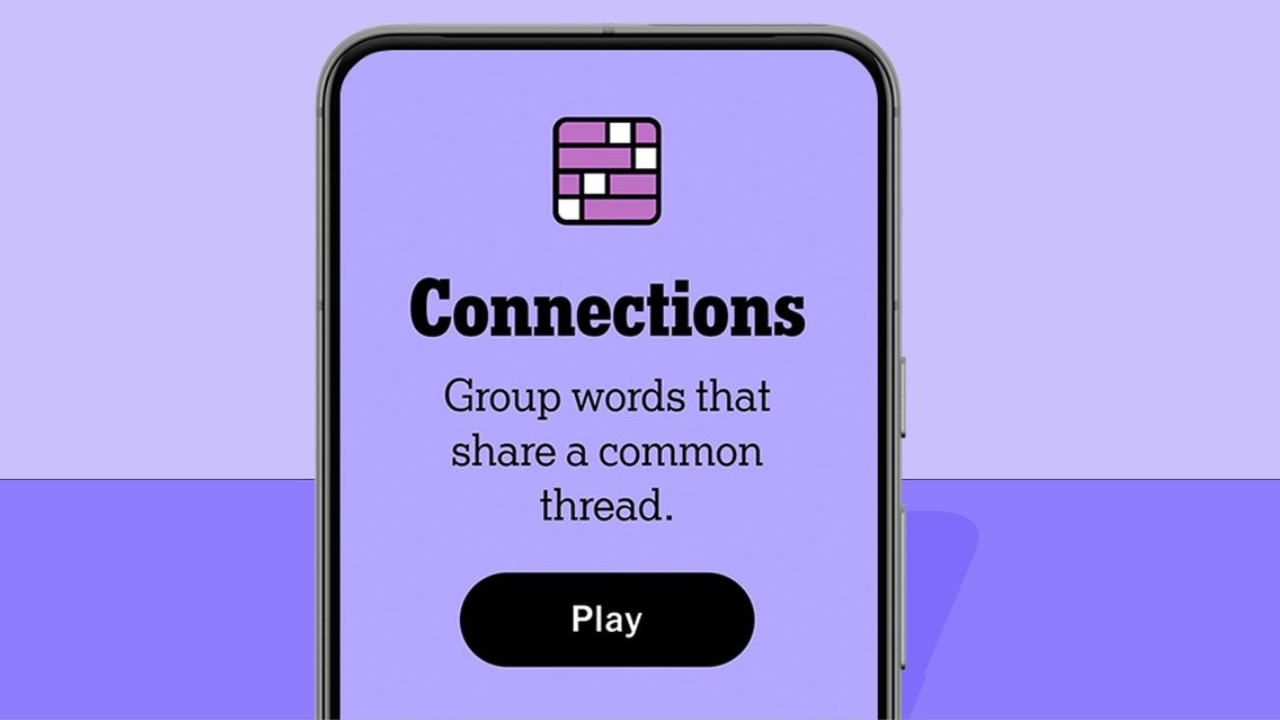US Cellular has found itself at a critical crossroads, urging the Federal Communications Commission (FCC) to approve its $4.4 billion buyout by T-Mobile. Faced with declining subscriber numbers and an increasingly competitive market, the once-prominent carrier sees this acquisition as its only viable path forward. Without it, the company fears it may not be able to sustain its operations for much longer.
Lawmakers Push Back on the Deal
While US Cellular is pressing for the deal to go through, members of Congress have raised alarms about its potential impact on the market. The acquisition, first proposed in May, has led to calls for FCC intervention, with lawmakers arguing that it could stifle competition and leave consumers with fewer choices and higher costs. Despite these concerns, US Cellular insists that the merger is necessary for its survival and for continued service to its customers.
The Details Behind the T-Mobile Acquisition
At the heart of the deal are significant assets that T-Mobile stands to gain, including access to US Cellular’s four million customer base and over 2,000 cell towers through a lease agreement. Furthermore, T-Mobile would acquire 30% of US Cellular’s wireless spectrum, a move that could improve network coverage, particularly in underserved rural areas. US Cellular believes this will not only provide stability but also enhance network quality for millions of customers.
What the Acquisition Means for Customers
If the deal goes through, existing US Cellular customers will have the option to switch to more affordable T-Mobile plans, or they can choose to stick with their current US Cellular plan for up to a year. The transition, according to US Cellular, will be seamless, allowing its users to benefit from T-Mobile’s extensive network without service interruptions.




















